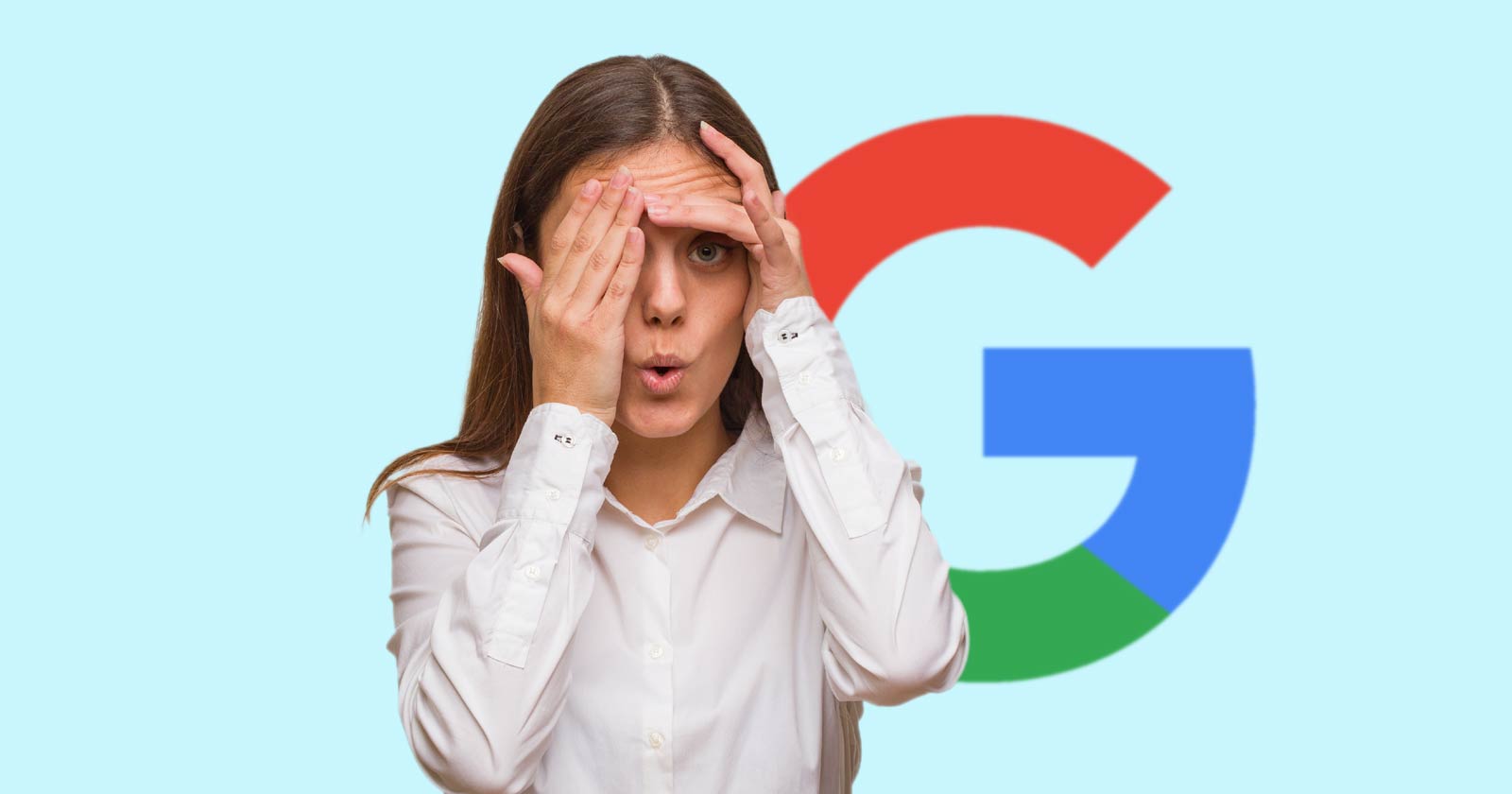
Google’s Gary Illyes’ answer about authorship shared insights about why Google has less trust for signals that are under direct control of site owners and SEOs and provides a better understanding about what site owners and SEOs should focus on when optimizing a website.
The question that Illyes answered was in the context of a live interview at a search conference in May 2024. The interview went largely unnoticed but it’s full of great information related to digital marketing and how Google ranks web pages.
Authorship Signals
Someone asked the question about whether Google would bring back authorship signals. Authorship has been a fixation by some SEOs based on Google’s encouragement that SEOs and site owners review the Search Quality Raters Guidelines to understand what Google aspires to rank. SEOs however took the encouragement too literally and started to parse the document for ranking signal ideas instead.
Digital marketers came to see the concept of EEAT (Expertise, Experience, Authoritativeness, and Trustworthiness) as actual signals that Google’s algorithms were looking for and from there came the idea that authorship signals were important for ranking.
The idea of authorship signals is not far-fetched because Google at one time created a way for site owners and SEOs pass along metadata about webpage authorship but Google eventually abandoned that idea.
SEO-Controlled Markup Is Untrustworthy
Google’s Gary Illyes answered the question about authorship signals and very quickly, within the same sentence, shared that Google’s experience with SEO-controlled data on the web page (markup) tends to become spammy (implying that it’s untrustworthy).
This is the question as relayed by the interviewer:
“Are Google planning to release some authorship sooner or later, something that goes back to that old authorship?”
Google’s Gary Illyes answered:
“Uhm… I don’t know of such plans and honestly I’m not very excited about anything along those lines, especially not one that is similar to what we had back in 2011 to 2013 because pretty much any markup that SEOs and site owners have access to will be in some form spam.”
Gary next went into greater detail by saying that SEO and author controlled markup are not good signals.
Here is how he explained it:
“And generally they are not good signals. That’s why rel-canonical, for example is not a directive but a hint. And that’s why Meta description is not a directive, but something that we might consider and so on.
Having something similar for authorship, I think would be a mistake.”
The concept of SEO-controlled data not being a good signal is important to understand because many in search marketing believe that they can manipulate Google by spoofing authorship signals with fake author profiles, with reviews that pretend to be hands-on, and with metadata (like titles and meta descriptions) that is specifically crafted to rank for keywords.
What About Algorithmically Determined Authorship?
Gary then turned to the idea of algorithmically determined authorship signals and it may surprise some that Gary describes those siganls as lacking in value. This may come as a blow to SEOs and site owners who have spent significant amounts of time updating their web pages to improve their authorship data.
The concept of the importance of “authorship signals” for ranking is something that some SEOs created all by themselves, it’s not an idea that Google encouraged. In fact, Googlers like John Mueller and SearchLiaison have consistently downplayed the necessity of author profiles for years.
Gary explained about algorithmically determined authorship signals:
“Having something similar for authorship, I think would be a mistake. If it’s algorithmically determined, then perhaps it would be more accurate or could be higher accuracy, but honestly I don’t necessarily see the value in it.”
The interviewer commented about rel-canonicals sometimes being a poor source of information:
“I’ve seen canonical done badly a lot of times myself, so I’m glad to hear that it is only a suggestion rather than a rule.”
Gary’s response to the observation about poor canonicals is interesting because he doesn’t downplay the importance of “suggestions” but implies that some of them are stronger although still falling short of a directive. A directive is something that Google is obligated to obey, like a noindex meta tag.
Gary explained about rel-canonicals being a strong suggestion:
“I mean it’s it’s a strong suggestion, but still it’s a suggestion.”
Gary affirmed that even though rel=canonicals is a suggestion, it’s a strong suggestion. That implies a relative scale of how much Google trusts certain inputs that publishers make. In the case of a canonical, Google’s stronger trust in rel-canonical is probably a reflection of the fact that it’s in a publisher’s best interest to get it right, whereas other data like authorship could be prone to exaggeration or outright deception and therefore less trustworthy.
What Does It All Mean?
Gary’s comments should give a foundation for setting the correct course on what to focus on when optimizing a web page. Gary (and other Googlers) have said multiple times that authorship is not really something that Google is looking for. That’s something that SEOs invented, not something that Google encouraged.
This also provides guidance on not overestimating the importance of metadata that is controlled by a site owner or SEO.

